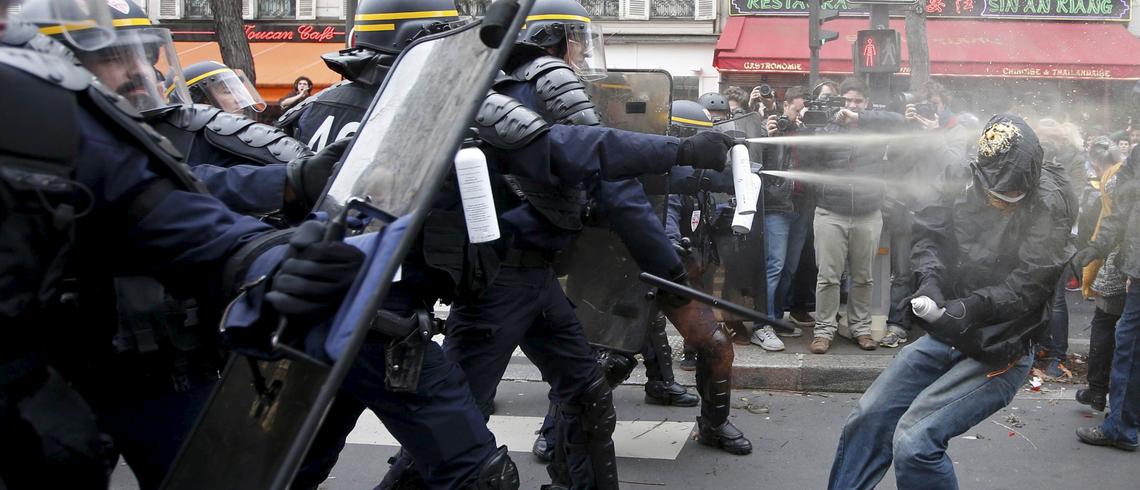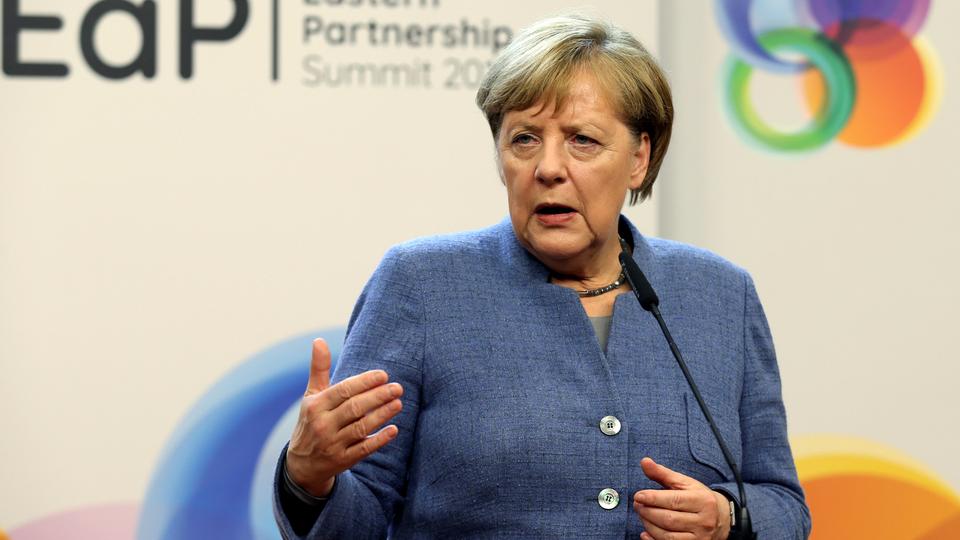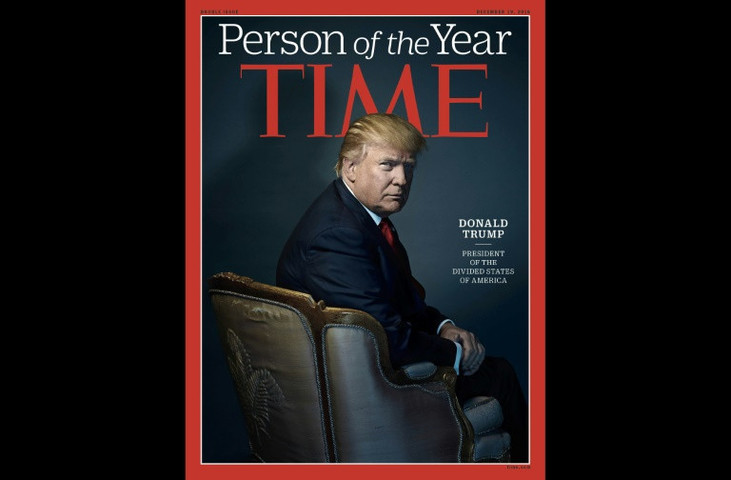You told me something that I was supposed to hear years before.
Dear Claire,
My fingers were trembling as I texted you three years ago. The decision to give away my secret after years of silence was terrifying. But I knew I had to do it, so I began typing.
Hey Claire! I’ll see you at 4pm in front of the office gate for the interview.
I stopped typing, weighing the option of choosing silence over voice. Honestly, it seemed the better option. With a racing heart, a long breath, trembling fingers, and a very weak determination to end the hurt, I added: Oh, and I have to tell you something important.
I closed my eyes and pressed send.
I could hear the pounding of my heart and feel it beating faster. Then, five minutes later, you replied, “Okay Reeti. See you there.”
I spent the rest of the day debating whether to tell you my story or not. I cursed myself for considering sharing it with a person I’d only met about a week prior. I was in the Women LEAD 2014 program, and I didn’t know anything about you apart from the little information I had learned when I researched the organization in preparation for interviewing you, the co-founder of the organization. It was my first interview as a reporter for my high school assignment.
As an introvert it takes some time for me to trust people, so I don’t know why I chose to confess everything to you. You were an enigma to me with your ocean blue eyes and curly blond hair.
It was 3:30 pm, and I was all ready to leave for Women LEAD with my father. I was terrified for the post-interview conversation, and I was still doubting my decision. I met up with you at 4:05 pm and we went to a café nearby. I ordered Cappuccino and you ordered Milk tea. The interview began and ended within 30 minutes.
Then you asked, “So, what was the important thing you wanted to talk about?”
I was freaking out. In my head, I was screaming the loudest I could. The strong coffee was giving me a headache. Or maybe it was caused by the urge to tell being at odds with my fear of speaking up.
I took a long deep breath and with a quivery voice I started, “I wanted to talk about …”
I spoke. I’d never spoken like that before. I went on and on. I told you the story of what happened three years ago. The embarrassment in school, people pointing at me and laughing, failing in three subjects, parental and school pressure to do well, slowly falling into depression, dissatisfaction and shame over my body size, feeling unworthy, undervalued, failure, and a burden. I told you about the sad diaries I kept: depressing stories and poems I wrote during that time. I told you about crying every single night for three years straight. I told you about having only one thought in my mind during that time, “I want to end it all. I want to die”.
I watched your blue eyes turn red as tears dripped down. At that moment I knew why I chose you to confess my story to. Your blue eyes mirrored my brown ones, red and tearful. You understood me, my pain and guilt. So, I went on even though the lump in my throat and tears in my eyes were making it very difficult. Other customers in the café were staring at us. It didn’t matter; I didn’t care. For the first time in my life, I didn’t care what other people thought of me.
I vividly remember what happened next. After hearing me out, you simply stood up, spread out your arms, and I slipped into them. We cried while we hugged each other. I was staining your beautiful shirt with my tears, but it didn’t matter to you. I cried like a baby. I’d never cried like that before. I released the pain that I had had for so long. No one had cared so much about me before. Then you told me something that I was supposed to hear years before.
You said, “I’m so proud of you. You are strong, and you do matter. If you need anything, I’m always there for you, okay?”
I needed to hear that so much. Until that moment, I believed I had never made anyone proud no matter how much I had tried. I was a bad daughter, and I was a bad student. I had failed three subjects. I was not a good friend because I felt safer in my room alone rather than with others. I hated myself. I didn’t matter to anyone—not even myself. I had two entire diaries filled with tear stains and sentences that stated I hated myself. I felt no one cared. But you did. You listened to me and cried for me!
This small conversation changed my life.
After that day I burnt the two sad diaries that I had, and I started ranking first in my high school. I still rank first in my university as a third year Media Studies undergrad.
Claire, because of you I realized that nothing is impossible when you believe in yourself. You told me, “If you don’t believe in yourself, surround yourself with people who believe in you”.
These words seem inadequate to express my gratitude. There have been so many opportunities that have opened up for me just because you taught me to believe in myself. You helped me make very first Curriculum Vitae. I got my first internship at a magazine then moved on to my first paid job as a reporter for an international news organization. At 18, I gave my first speech as a guest speaker on Women’s Day 2015. Afterwards, a young girl came up to me and said, “You are so inspiring!” Just years before, at age 15, I had run off the stage during a speech competition due to stage fright.
I always complained about not having a Godmother, like in the Cinderella story. But Claire, you made me realize I am my own savior. Still, I couldn’t have done it without a little boost from my strong and inspiring real-life fairy Godmother who has blue eyes and curly blond hair.
From,
Reeti



